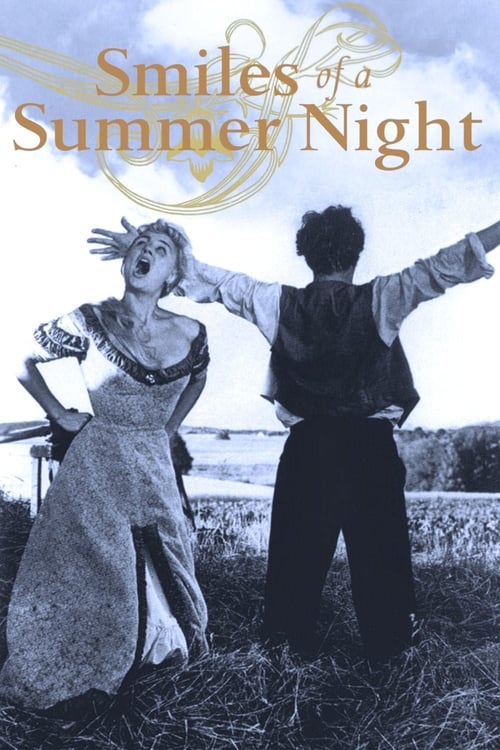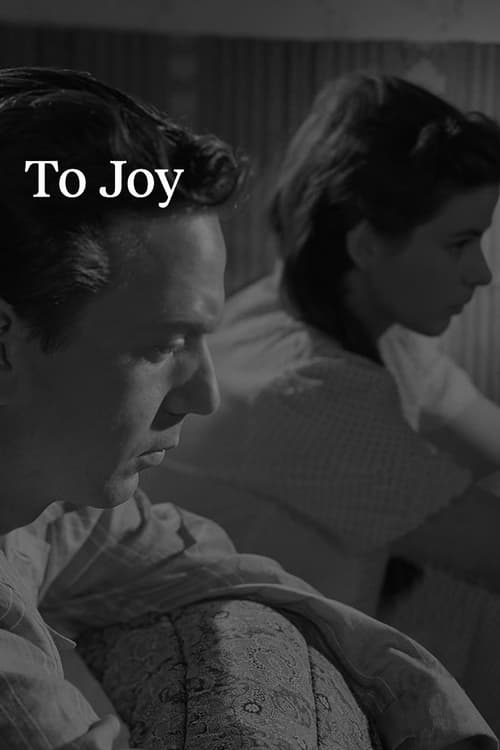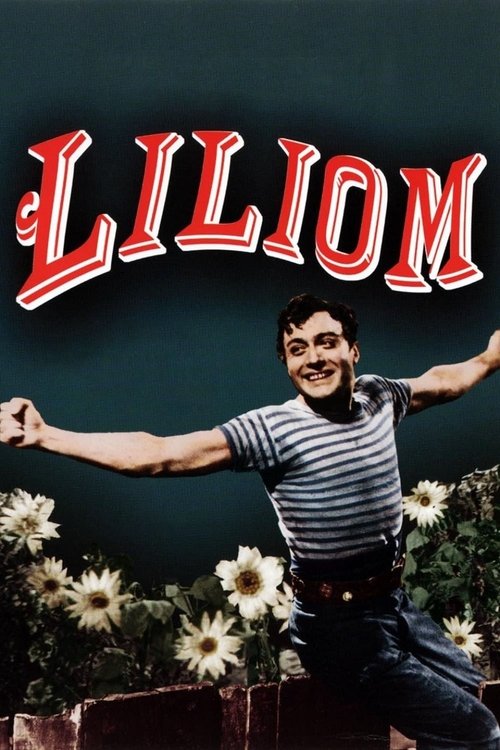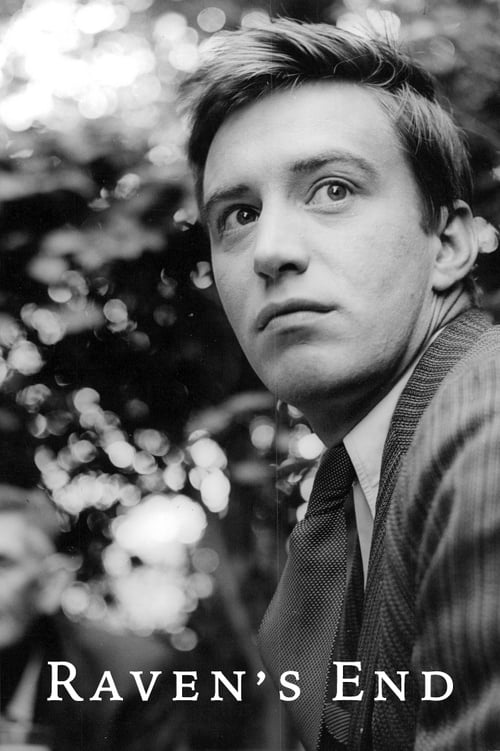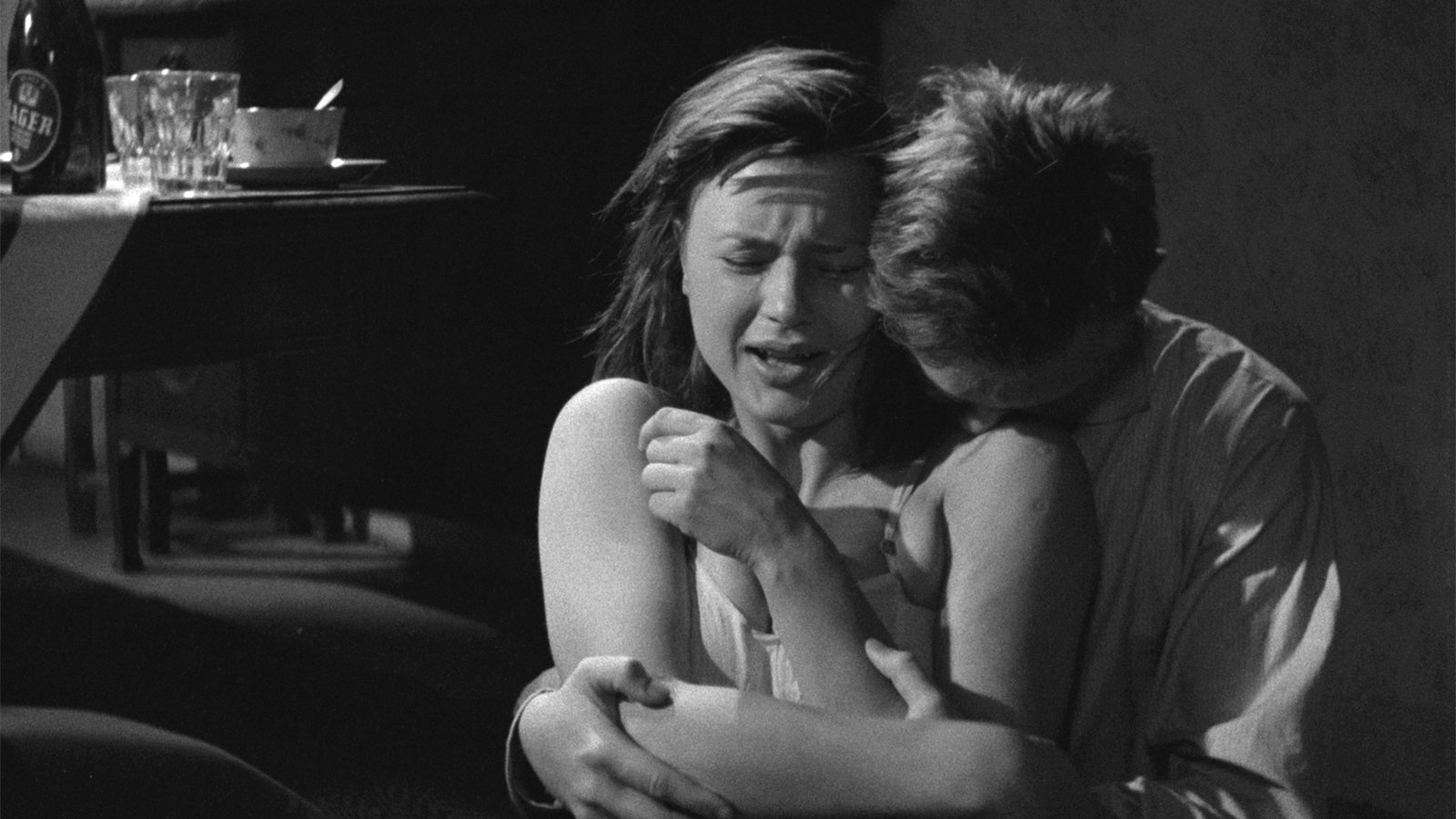
1953
Summer with Monika
Drama, Romance
8.0
User Score
386 Votes
Status
Released
Language
sv
Budget
$0
Production
SF Studios
Overview
One summer day, two teens begin a reckless affair and abandon their families to be with one another.
Review
CRCulver
6.0
In Ingmar Bergman's 1953 film SOMMAREN MED MONIKA (The Summer with Monika), young, idealistic Harry (Lars Ekborg) meets the freespirited Monika (Harriet Andersson). Fed up with their dull stockroom jobs as midsummer approaches, they quit and and escape together to one of the myriad islands in the Stockholm archipelago. But while Harry is keen to get back to civilization and further his education in order to support the child they will soon have, Harriet thinks little of the future, pursuing her own whims of the moment. Harry is definitely the protagonist here, and receives the sympathy of the viewer as this bad girl tears his life apart.
Upon its release, this film was a major contribution to Sweden's mid-century reputation as a sexually liberated place. However, that's all very much in the past. There is only one scene of (rear) nudity, and for the most part what 1950s audiences found scandalous is just some snogging that wouldn't raise eyebrows today. Still, Andersson does know how to flaunt her sex appeal, her full lips and proportioned figure, to the camera.
In my opinion, this is not one of the greatest films of the auteur scene. Ingmar Bergman would go on to create a series of masterpieces that totally shook my world, but SOMMAREN MED MONIKA is a somewhat ordinary study of working class life and a morality tale much like British audiences would start getting with their kitchen sink dramas (e.g. BILLY LIAR) in the following years. There is also a totally contrived -- and rather inexplicable -- fight scene that Bergman needlessly uses to make Harry look chivalrous. Still, it is interesting to see a Sweden of severe class divisions that is now almost gone, with alcoholism-stricken families in dire poverty living alongside more fortunate Stockholm residents who keep servants. The first third of the film is almost like listening to an Allan Pettersson symphony.
All in all, the film is entertaining and teaches us something about an earlier time and place, but don't think this is one of the more serious films that established Ingmar Bergman as one of the most daring and insightful filmmakers of the 20th century.
Read More 